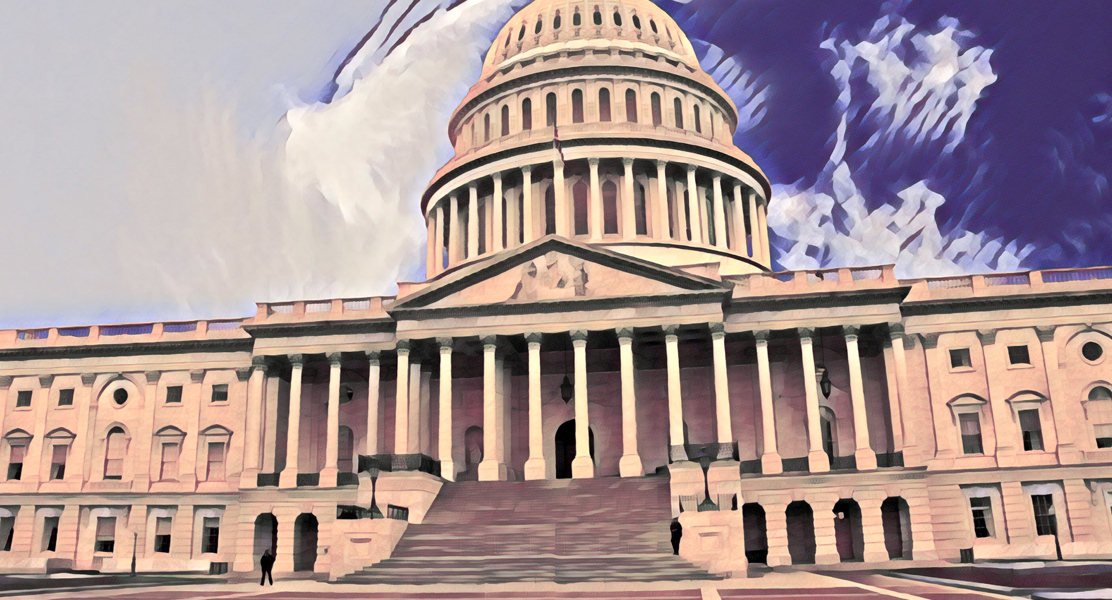House committee holds oversight hearing on travel ban, No Ban Act

Last week, Subcommittees of the House Judiciary and Foreign Affairs committees jointly held the first-ever oversight hearing in the U.S. House of Representatives on the Trump administration’s controversial travel ban, which restricts travel to and from several majority-Muslim countries.
After two versions of the ban were struck down as unconstitutional, the third and current iteration was narrowly upheld by the U.S. Supreme Court in 2017. The Court shrugged off concerns raised by many civil and religious liberty advocates including BJC that the ban was motivated by religious animus and was intended to further then-candidate Trump’s stated goal of halting all entry of Muslims into the United States. As BJC Executive Director Amanda Tyler wrote in a piece for Sojourners last week, the administration used executive actions “to dress up unconstitutional motives and policy with a legal facade.”
The committee hearing focused on the tragic toll the policy has taken on many families, and on the failure of the administration to implement a robust waiver process. Committee chairman Jerrold Nadler (D-NY) explained the situation in his opening remarks:
“Since the Supreme Court’s ruling, the ban has had a significant impact on American communities. It has severed support systems and kept families apart. A 2019 Cato Institute analysis found that the ban has prevented more than 9,000 family members of U.S. citizens from entering the country, including more than 5,500 children.
…
In his dissent in Trump v. Hawai’i, which upheld the third version of the Muslim Ban, Justice Breyer noted that “waivers are not being processed in an ordinary way” and “there is reason to suspect that the Proclamation’s waiver program is “nothing more than a sham.” This skepticism is warranted. Only 5 percent of adjudicated claims have been approved for a waiver. Moreover, reports from inside the Department of State indicate that the Department’s internal guidance on the waiver process is inconsistent with its public representations.
The committee also discussed legislation, called the No Ban Act, which would halt certain actions implementing the travel ban, and establish limitations on the president’s ability to restrict entry into the United States. HR 2214 also broadly prohibits religious discrimination in immigration-related determinations.
You can watch the hearing and read statements from witnesses online here.




